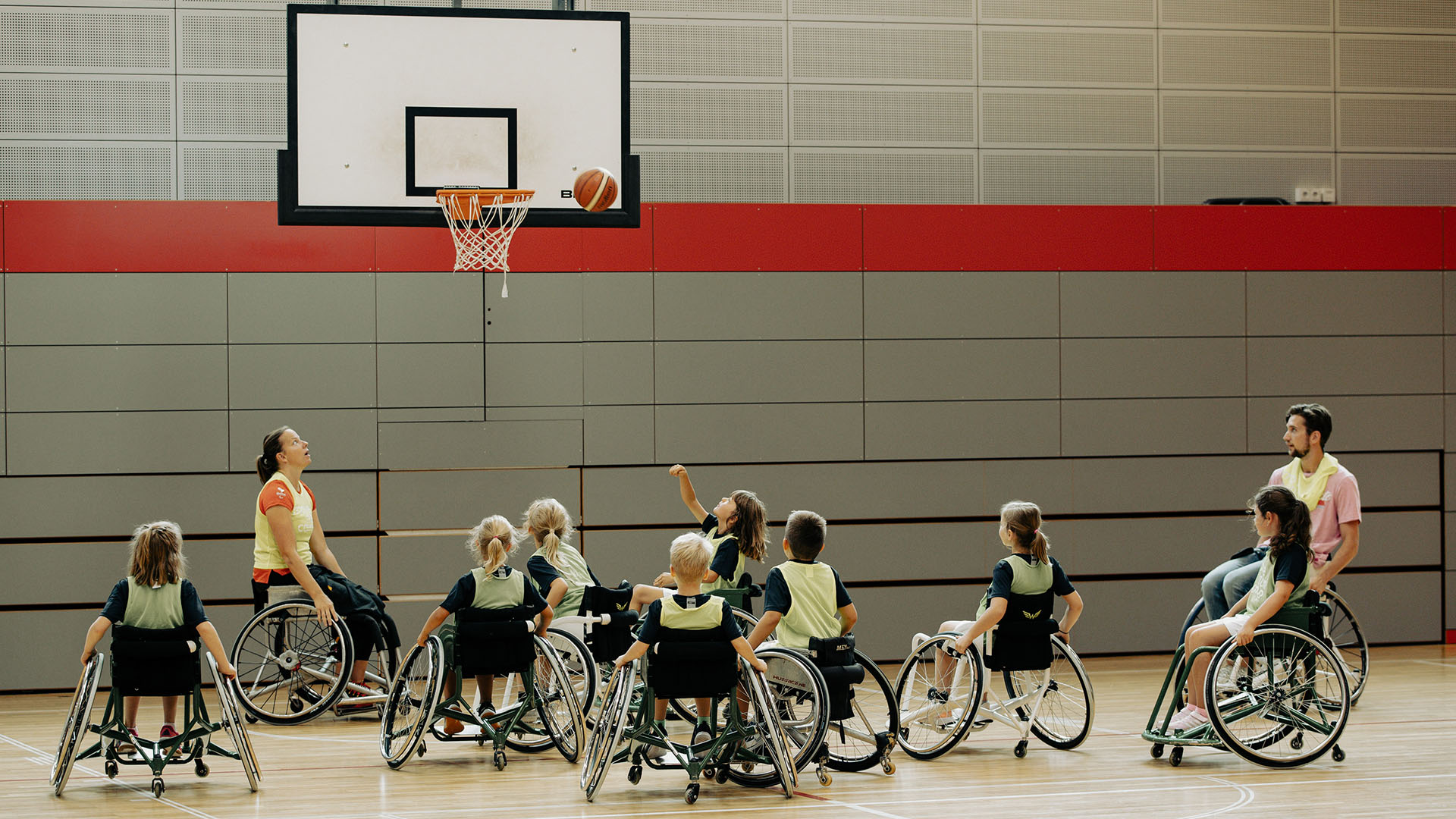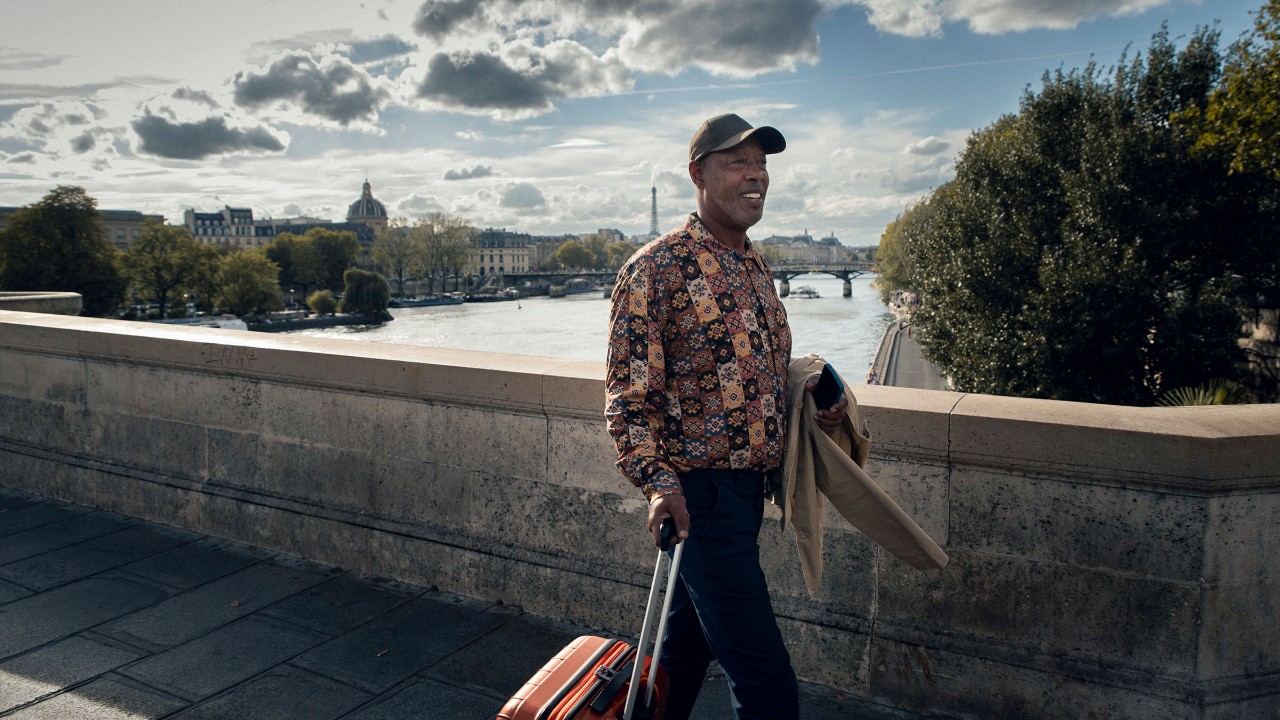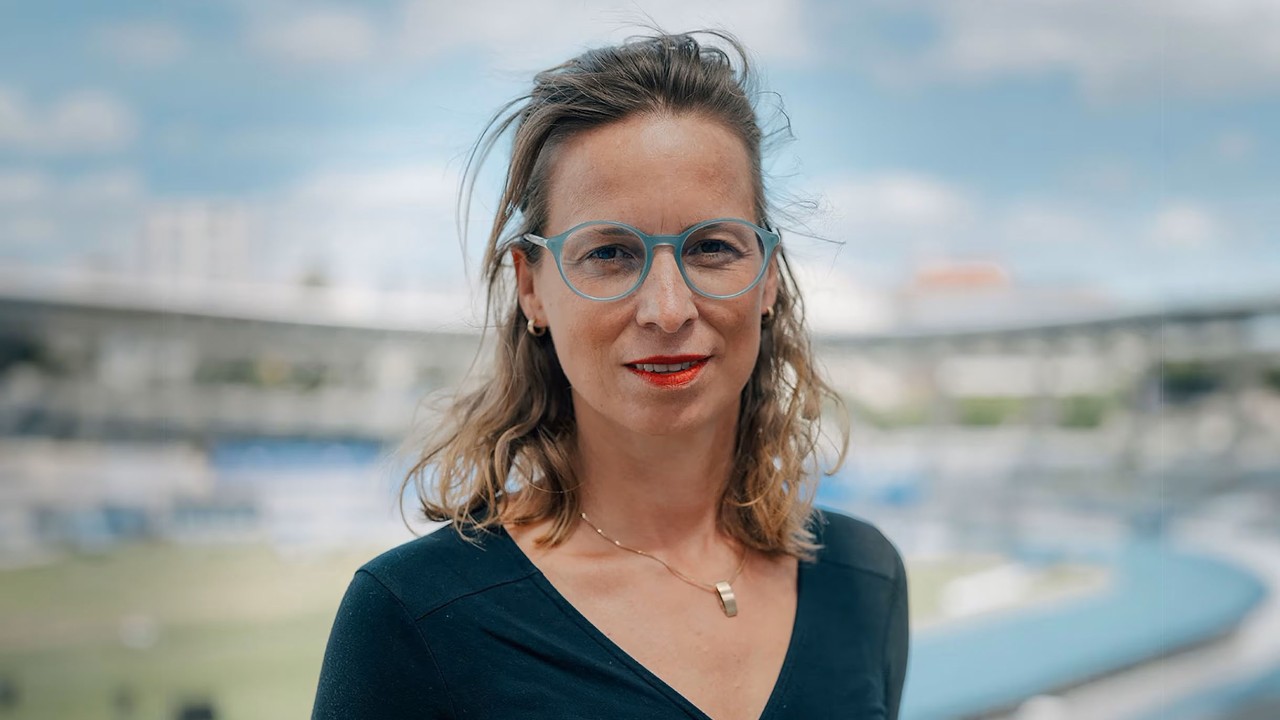International Youth Day: the IOC and Allianz reveal global research findings on youth participation in sport
Further information

Ahead of this year’s International Youth Day on 12th August, the study investigates young people’s current levels of engagement and motivations in relation to community sport and physical activity. In addition, the research explores how global macro issues are impacting the opportunities for young people to benefit from sport and the associated health and well-being, education and employment outcomes.
The report, titled MoveNow. Move365: Understanding trends in youth participation in sport, combines the findings from new research conducted by Publicis Sport & Entertainment and a literature review produced by the Centre for Sport, Business and Society (CSBS) at the University of Technology Sydney (UTS).
It marks the first stage in a series of research that underpins the IOC’s and Allianz’s commitment to strengthening the role of sport in society to create a healthier environment for young people across the globe. The report will be used to support and inform existing initiatives, including the IOC’s Olympism365 strategy and Allianz’s MoveNow programme, and will influence wider future policy, strategy and programme development across government, businesses, the not-for-profit sector, and the wider Olympic Movement.
The key findings are consistent with existing research on young people and the positive impact of sports participation. However, the research has provided a contemporary snapshot, including:
- Young people and their parents recognise the importance of sport and its benefits – 72% of young people think sports participation is important, and most parents (over 90%) recognise the health and well-being benefits of playing sport. More than half of young people (55%) said they enjoyed school more on days they get to do physical activity. Meanwhile, young people who play sport at least once a week are more likely to report a positive mood and self-confidence than those who play once a month.
- Yet there are insufficient levels of youth sports participation – Less than 20% of young people report being physically active for five or more hours a week.**
- A variety of everyday barriers are preventing young people from being more active – having other responsibilities is the most common barrier, being cited by two-thirds (67%) of young people. The study also revealed concerns about not wanting to play sport with people they don’t know (53%), or to play alone (50%), and being worried about others’ judgements (49%) or not being fit enough (49%).
- Global challenges are also contributing to insufficient physical activity – Over a third of young people (37%) are playing less sport due to the cost-of-living crisis, and 30% of young people have reduced their sports participation due to climate change, for example due to hotter or wetter weather or water shortages. Thirty-four per cent (34%) cite that ongoing concern about COVID-19 is preventing them from being more active.
- Special attention is needed for vulnerable groups – The survey found that certain demographic groups, including women and girls, and young people from low-income families, are less likely to be involved in sport and physical activity.
The IOC and Allianz are already addressing a number of the challenges highlighted in the findings through various initiatives of each organisation and their partnership. Through its Olympism365 strategy, aimed at strengthening the role of sport as an important enabler of the UN Sustainable Development Goals (SDGs), the IOC is delivering programmes that promote safe, inclusive and sustainable sport to impact people’s lives in areas like health and well-being, education, employment, equality, inclusion, crime prevention, peace and safety. Young people around the world have benefited from community sport and social change programmes directly supported by the IOC that are focused on these issues, while over 500 organisations and 37,000 individuals have been assisted through IOC-supported training and capacity-building initiatives.
A flagship initiative is the IOC’s Let’s Move campaign, which began on Olympic Day, 23 June. Led by Olympians and created in collaboration with the World Health Organization (WHO), Let’s Move invites the world to make time every day for movement for better health. The Let’s Move campaign supports a joint IOC-WHO programme that aims to strengthen the role of sport in contributing to the Global Action Plan on Physical Activity target of a 15 per cent reduction in physical inactivity by 2030. In 2022, 120 new projects focusing on promoting community cohesion, health and well-being and the Olympic values, were launched by the National Olympic Committees (NOCs) using funding from Olympic Solidarity.
Through the MoveNow programme, Allianz aims to facilitate access and opportunities for young people to become and to stay active. MoveNow has already moved over 10,000 children and young people through global and local initiatives such as Sports and Esports Youth Camps, a Digital Training Series, Digital Clubs and events, Hackathons, etc., with further activities planned in the coming months until the Olympic and Paralympic Games Paris 2024 and beyond. Last year, 10 local MoveNow Camps took place, with over 7,000 kids participating; the MoveNow Club on TikTok generated 77 million impressions; the MoveNow Hackathon saw 140 participants; and the MoveNow Training Series for young people with disabilities had 160 million video views, to mention but a few of the many activities.
The findings of this primary research supports the existing efforts of the IOC through its Olympism365 strategy and underlines the need for governments and the private sector to invest in ensuring more young people can access the benefits of sport and Olympism. The second stage of the project will involve further analysis of the survey findings and a series of expert workshops to identify good practices, partnership opportunities and policy options for government, businesses, the not-for-profit sector, and the wider Olympic Movement to further support young people to benefit from sport and physical activity.
James Macleod, IOC Director of Olympic Solidarity, NOC Relations and Olympism365, said: "The findings of the report demonstrate that sports and physical activity participation rates amongst young people around the world are being significantly impacted by global issues. These insights will be a valuable resource to help both the IOC and Allianz and wider Olympic Movement partners to further strengthen initiatives that are helping more people and communities benefit through sport, such as the Olympism365 strategy, and ensure their relevance, particularly when it comes to emerging global challenges.”
Eike Doerte Bürgel, Allianz Global Head of Olympic & Paralympic Programme, said: “Our mission with the MoveNow programme is to prepare young people for tomorrow by supporting them to move their body, mind and soul. It is proven that regular activity has a high impact on the mental and physical well-being of children and young adults. Yet at Allianz, we understand that it’s not a given for every young person to be able to reap the benefits sports can offer. This research and the subsequent next stages of our joint project with the IOC as an Olympic partner is an important step to help identify opportunities where any additional efforts are required to help them do so.”
Related Links
Press contacts
Allianz SE
About Allianz
** As of December 31, 2023.
Allianz MoveNow
As part of the IOC and IPC partnership, the MoveNow programme was founded to contribute to SDG 8 (Decent Work and economic growth) and SDG 3 (Health and well-being). The mission of the MoveNow programme is to prepare the next generation now. To move their body, mind and soul. The focus is to get the next generation (6-32 years) back into sport.
The MoveNow programme consists of a series of initiatives to bring young people back to sport and promote social values amongst the next generation. By empowering the next generation through physical activity, mental stimulation and emotional well-being, Allianz helps young people around the world to realise their full potential and build a healthier, prosperous future.For more information on MoveNow, please visit the Allianz website.


